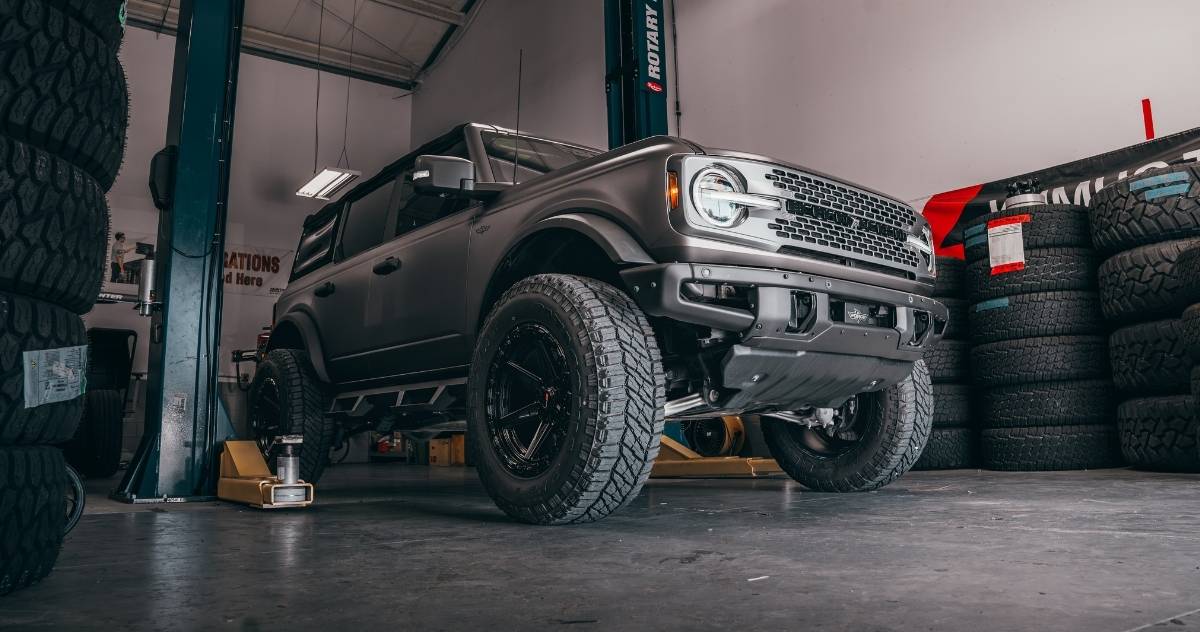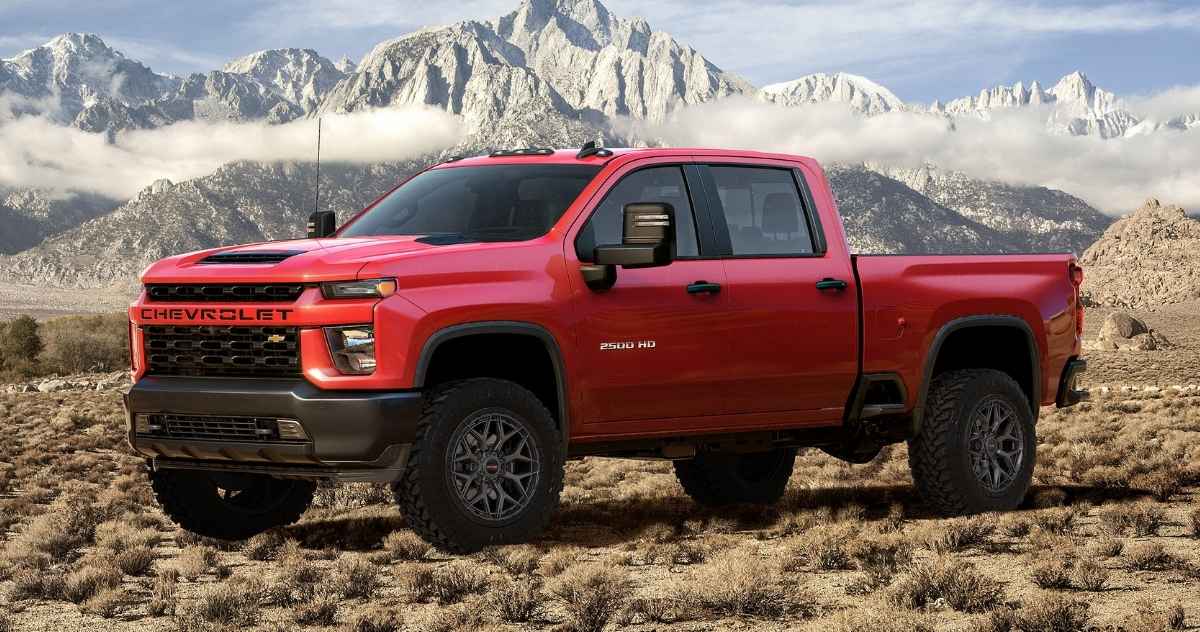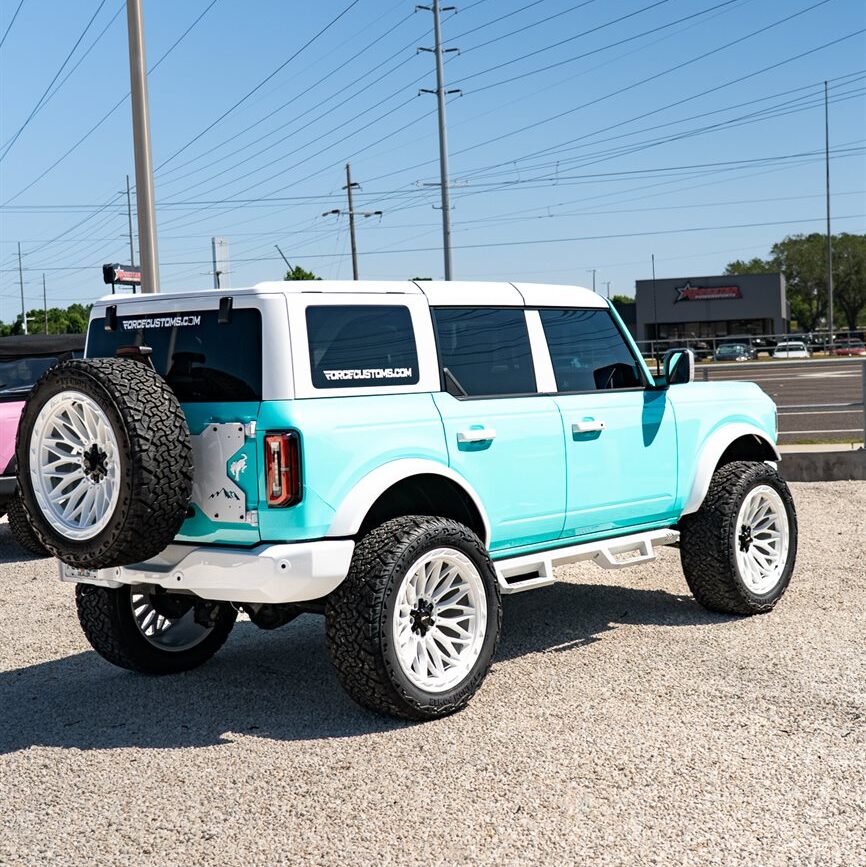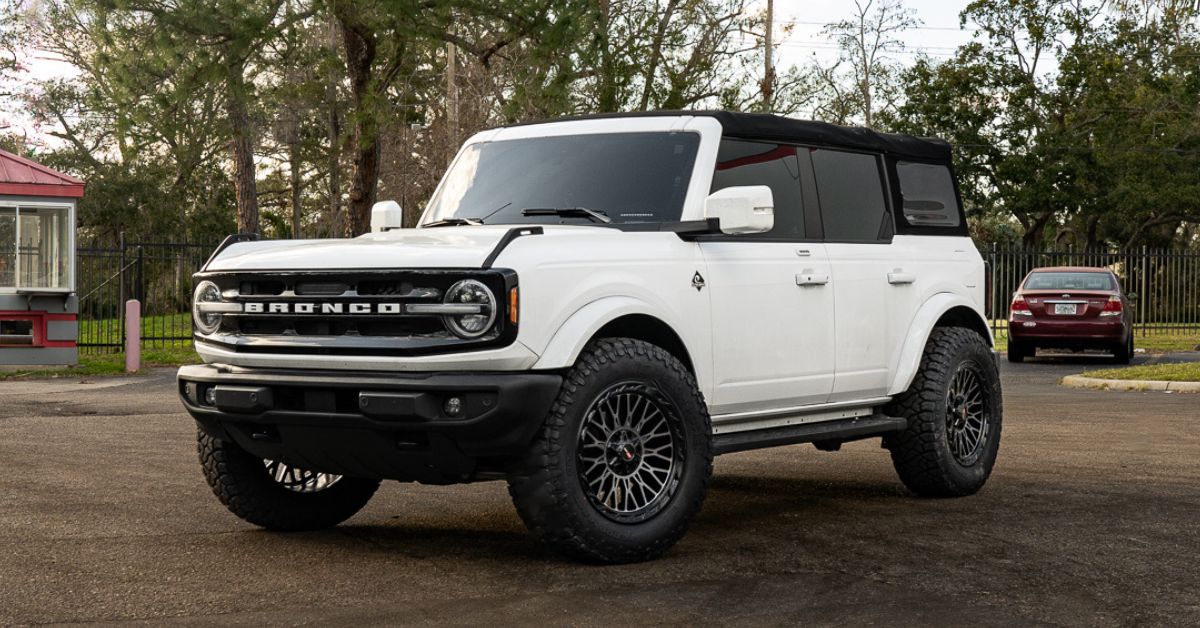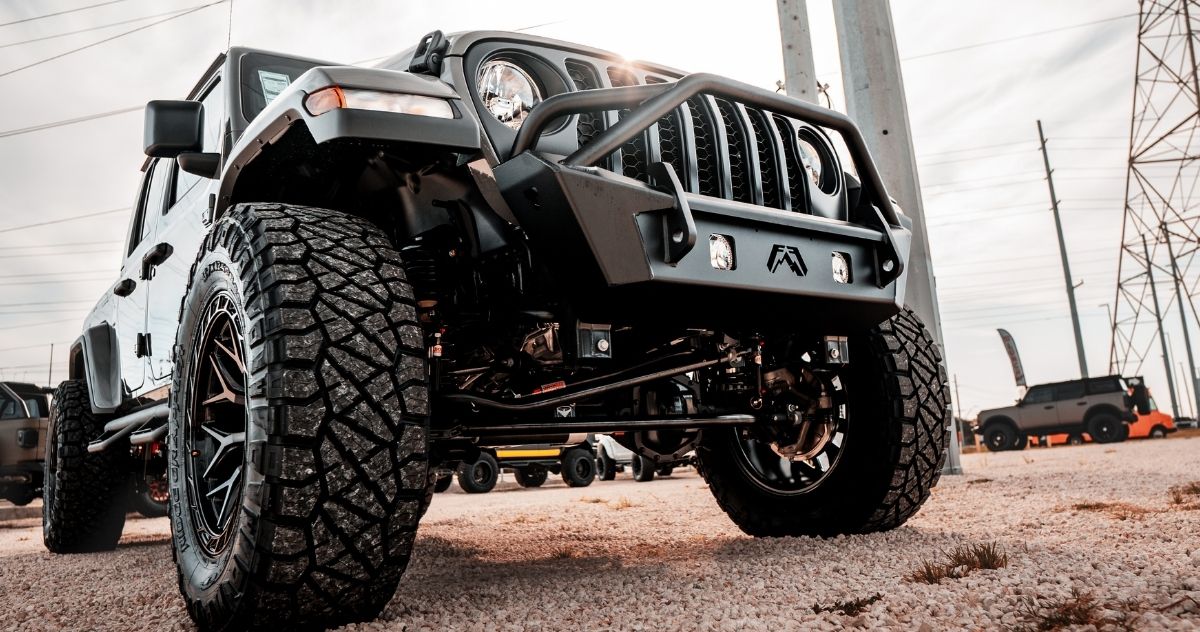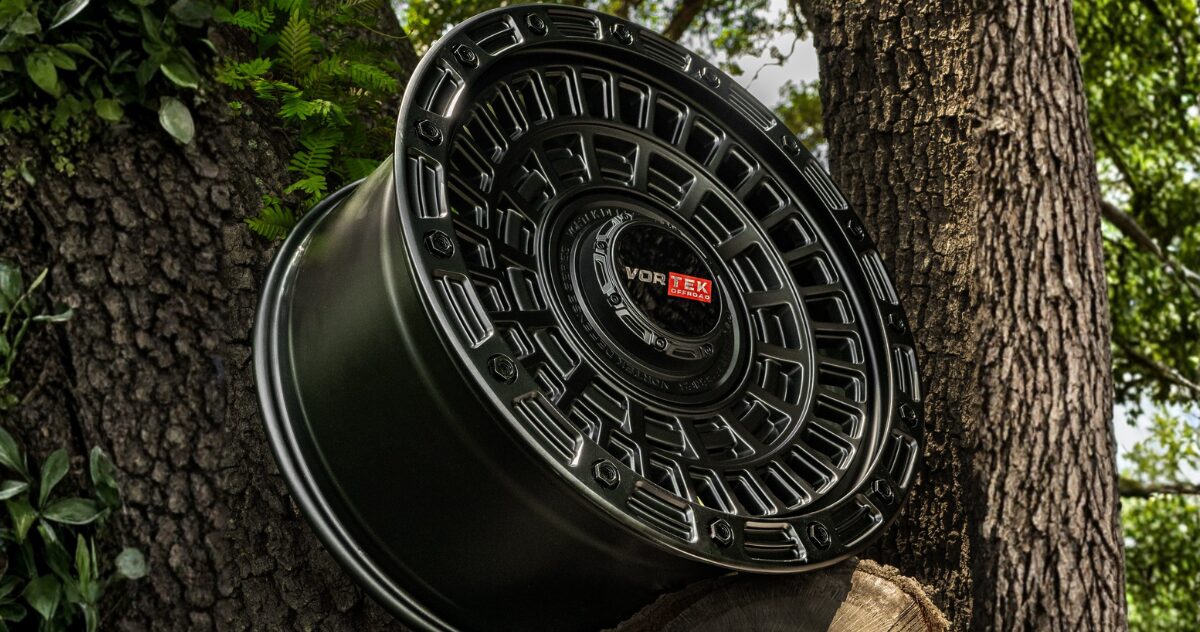Blog
Are Wheel Spacers Safe On Trucks? Facts You Need to Know!
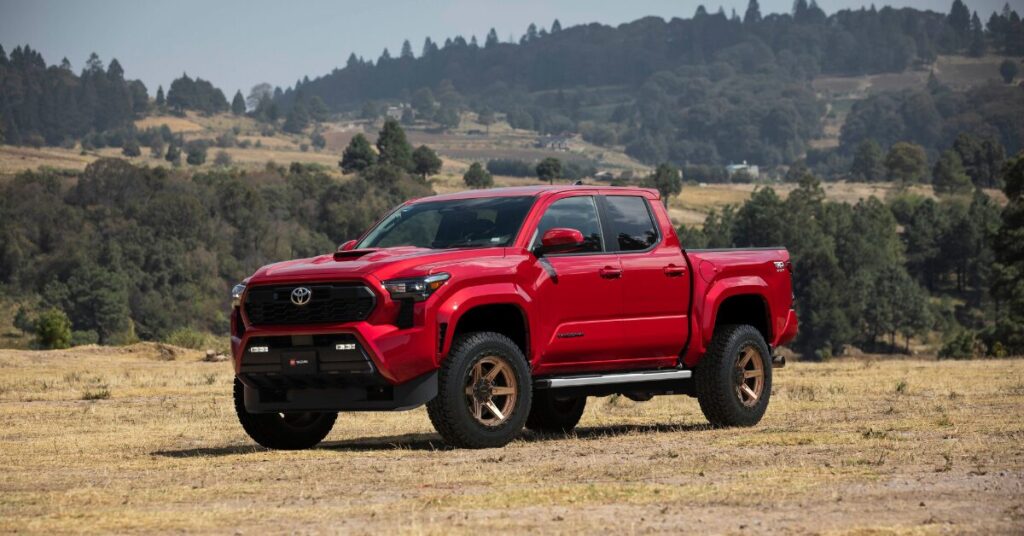
Yes, High-quality and properly installed wheel spacers are safe for trucks. They push your wheels outward, providing better handling giving your truck a wider stance and room for larger tires. It also offers better off-road performance and towing capacity by pushing your wheels out. But don’t just have the low-quality ones and hope for the best.
Cheap lug-centric spacers can put risks to your truck. They cause vibration, uneven tire wear, and reduce fuel efficiency. On the other hand, hub-centric spacers are safer. They align perfectly with the wheel hub. Choosing the right spacers and proper installation is the key to safety and performance.
At Vortek Wheels, we’re all about keeping your truck safe and stylish. While we specialize in premium wheels, we’re here to help you make the best choices for your ride. Whether you’re off-roading, towing, or just cruising around town, drive with confidence.
Basics of Wheel Spacers
Wheel spacers are simple but effective aftermarket parts that create extra space between the wheel hub and the wheel. This outward push improves stability, enhances stance, and accommodates larger tires. Spacers also help prevent tires from rubbing against suspension components.
There are two types: hub-centric and lug-centric. Hub-centric spacers fit perfectly onto the hub, distributing weight evenly and reducing vibrations. Lug-centric spacers rely on lug nuts for alignment, which can lead to imbalance and instability. Choosing high-quality hub-centric spacers ensures a safe and secure driving experience.
Are Wheel Spacers Safe for Trucks?
Yes, wheel spacers can be safe for trucks if you use quality spacers and install them properly. They give your truck a wider stance, which can improve stability and allow for larger tires. Many truck owners, especially off-roaders, use them without issues.
The key to safety is choosing hub-centric spacers, as they fit snugly on the hub and reduce vibration. Cheap or poorly installed spacers can cause uneven tire wear and extra stress on suspension parts.
To keep things safe, use spacers from trusted brands, tighten everything correctly, and check them regularly. When done right, wheel spacers can be a great way to upgrade your truck’s performance and appearance!
Wheel Spacers Effects On Truck Performance
Thinking about adding wheel spacers to your truck? They’re a popular upgrade for many truck owners, but it’s important to understand how they’ll change your truck’s performance. Wheel spacers can offer some great benefits, but they also come with a few things to think about. Let’s dive into how they can affect your truck.
Better Handling and Stability
One of the best things about wheel spacers is that they push your wheels out, giving your truck a wider stance. This makes your truck feel more stable when you’re driving, especially on rough terrain or when taking sharp turns. It’s like when you stand with your feet apart, you feel more balanced. The same goes for your truck. This extra width can help keep your truck steady, whether you’re off-roading or driving on uneven surfaces, and can even reduce the chance of tipping over.
Fuel Efficiency Drop
Because your wheels are now wider, they’ll face more rolling resistance, which can cause a slight dip in your truck’s fuel efficiency. Typically, you might see a 1-3% decrease in miles per gallon. It’s not a huge difference for everyday driving, but if you’re planning long road trips or towing heavy loads regularly, it’s something to keep in mind.
For Towing and Off-Roading
Want a wider stance and better stability for towing or off-roading? Wheel spacers can do that by pushing your wheels out, giving you more control and room for bigger tires. They also make your truck look tougher.
Just be cautious with cheap spacers. They can cause vibrations and wear out your suspension. Go for quality 1-2″ hub-centric spacers, install them properly, and you’ll get the most out of them. Remember, spacers won’t increase towing capacity or replace the need for good tires, but they’re a great mod when done right.
Braking and Acceleration
While wheel spacers won’t directly increase your truck’s acceleration, they do improve traction, which is helpful, especially on slippery surfaces or when off-roading. However, by pushing your wheels outward, spacers change your truck’s weight distribution, which can put a bit more strain on your braking system. If you go for spacers that are too thick, it could result in longer stopping distances. So, it’s important to use the right size spacers and make sure your braking system is in good condition.
More Stress on Suspension
Wheel spacers do add a bit more stress on your truck’s suspension, particularly on parts like wheel bearings, ball joints, and control arms. Over time, if you’re off-roading a lot or towing heavy loads, these parts might wear out a little quicker. It’s a good idea to regularly check and maintain your suspension to catch any issues before they turn into bigger problems.
Tire Wear
When installed properly and aligned correctly, wheel spacers won’t cause uneven tire wear. But, if they’re installed wrong or your truck’s alignment isn’t checked, you could see uneven wear on your tires. This can shorten their lifespan. So, make sure everything is properly installed, and keep your truck aligned to avoid this issue.
Myths vs Facts About Wheel Spacers
There are a lot of myths surrounding wheel spacers, making some truck owners hesitant to use them. Let’s clear up the confusion and separate fact from fiction.
Myth 1: Wheel Spacers Always Make Trucks Unsafe
Fact: Many believe spacers automatically weaken a truck’s structure, but that’s not true. High-quality, adequately installed spacers are just as safe as stock setups. The key is using hub-centric spacers and installing them correctly.
Myth 2: Spacers Will Make Your Wheels Fall Off
Fact: This only happens with poorly installed or low-quality spacers. If you torque them properly and check them regularly, your wheels will stay secure, just like factory setups.
Myth 3: Spacers Damage Suspension and Bearings
Fact: It’s true that excessively thick spacers can add stress, but properly sized spacers won’t harm your suspension. Regular maintenance and alignment checks keep everything in good shape.
Myth 4: Spacers Reduce Truck Performance
Fact: Actually, spacers can improve handling by widening the stance and improving stability. They don’t slow your truck down, but extreme widths could slightly impact braking and fuel efficiency.
How to Install Wheel Spacers Safely
Gather Your Tools
- A jack and jack stands
- A torque wrench
- A wire brush (to clean surfaces)
- The correct lug nuts
Step-by-step installation
- Park safely on a flat surface, engage the parking brake, lift the truck with a jack, and secure it with jack stands.
- Loosen the lug nuts, then remove the wheels completely.
- Now, wipe the hub and the back of the wheel to remove dirt and debris.
- After that place the wheel spacer onto the hub, ensuring it’s flush and aligned.
- Put the wheel back on, hand-tighten the lug nuts, then torque them in a star pattern to the manufacturer’s specs (90-120 ft-lbs).
- Then, follow the same steps for all wheels.
- Finally, double-check. Lower the truck, re-torque the lug nuts, and take a short test drive to ensure everything is secure.
How To Choose The Best Wheel Spacers for Your Truck
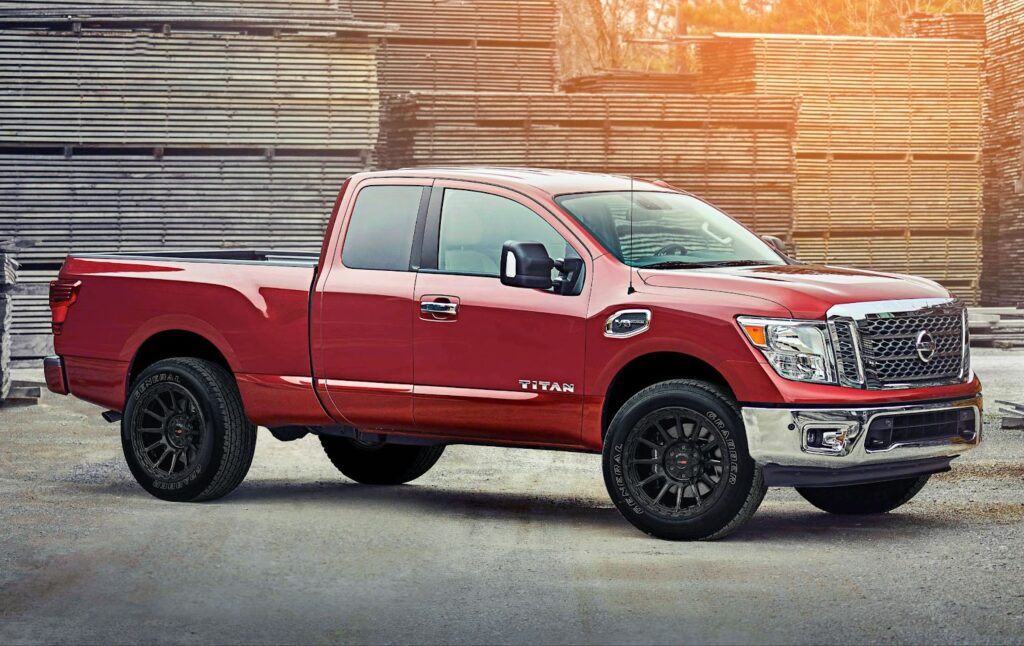
When selecting wheel spacers, hub-centric spacers are the safest choice as they fit perfectly onto the hub, reducing vibrations and ensuring stability. Lug-centric spacers, which rely on lug nuts for alignment, can cause imbalance and are generally less secure.
Material quality is crucial. Forged aluminum spacers are lightweight, durable, and resistant to cracking, while cheap cast aluminum spacers can weaken over time and pose a safety risk.
Thickness also matters. Spacers between 1 to 1.5 inches are generally safe, while anything over 2 inches can increase stress on wheel bearings and suspension.
Always check bolt pattern compatibility to ensure a proper fit, and verify that the stud length allows secure lug nut engagement. Proper installation and regular maintenance are key to ensuring your wheel spacers remain safe and effective.
Are There Better Options?
Instead of wheel spacers, aftermarket wheels with the correct offset offer a safer, long-term solution. They ensure a proper fit without stressing suspension but can be costly and limited in options.
Wheel Adapters
Wheel adapters allow different bolt patterns and correct stances but slightly stress bearings and require proper installation.
Wider Tires
Wider tires improve stance and grip without harming suspension but may need fender trimming and can lower fuel efficiency.
Lift or Leveling Kits
Lift or leveling kits increase ground clearance and avoid bearing stress but cost more and may require alignment.
Custom Wheel Hubs
Custom wheel hubs with built-in offset are the safest, eliminating spacers, but they are expensive and not widely available.
If budget allows, aftermarket wheels, wider tires, or suspension mods are better and safer than wheel spacers. If spacers are necessary, hub-centric spacers are the safest choice.
Legal Considerations
Wheel spacers are generally allowed in the U.S., but the rules can be different depending on where you live. Some states, like California and Texas, have stricter rules about how far your wheels can stick out from the fenders. Other states are more relaxed. To avoid any trouble, it’s always a good idea to check your local laws to make sure you’re in the clear.
Even though wheel spacers don’t need to meet DOT safety standards, it’s still important to go for high-quality, hub-centric spacers. These fit better, reduce vibrations, and help keep your truck running smoothly. Low-quality spacers can cause problems like uneven tire wear or extra stress on your suspension. Always make sure spacers are installed correctly, and check your truck’s alignment regularly.
To be safe, it’s a good idea to reach out to your local DMV or talk to a mechanic to make sure your spacers are within the legal limits.
Wheel Spacers Maintenance
- Check wheel spacers every 3,000 to 5,000 miles or during tire rotations for signs of wear or damage.
- Look for cracks, rust, deformation, or uneven wear that could affect performance.
- After installation, re-torque lug nuts after 50-100 miles to prevent loosening.
- Apply thread locker on studs to prevent nuts from loosening over time.
- Before installation, ensure no dirt or debris affects the fitment.
- Ensure wheel studs and bolts are not stripped or over-tightened, as damaged hardware can cause failure.
- If you feel unusual vibrations, inspect spacers and re-tighten if necessary.
Final Words
Wheel spacers can be a fantastic upgrade for your truck, offering benefits like improved handling, a wider stance, and better off-road performance. However, they’re not a “set it and forget it” kind of modification. To ensure they’re safe and effective, it’s crucial to choose high-quality spacers that match your truck’s specs, install them correctly, and maintain them regularly.
Whether you’re using wheel spacers for daily driving, towing, or off-roading, always prioritize safety and quality. With the right care and attention, wheel spacers can enhance your truck’s performance and style while keeping you safe on the road. For top-quality wheels and expert advice, trust Vortek Wheels to deliver the best for your truck.

